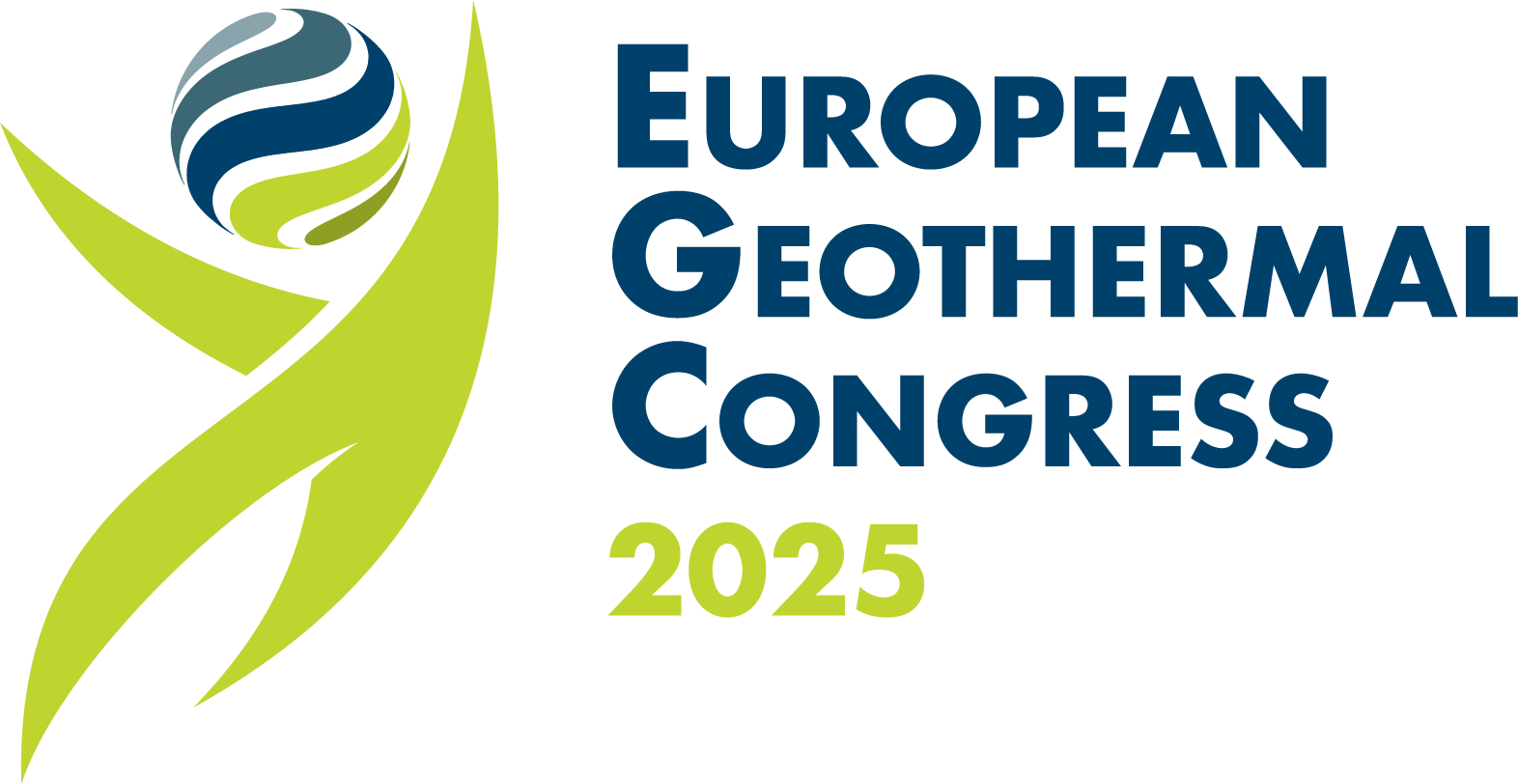Geothermal Field Trips & Excursions
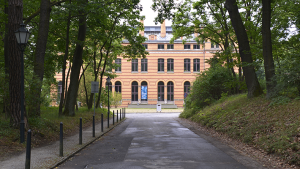
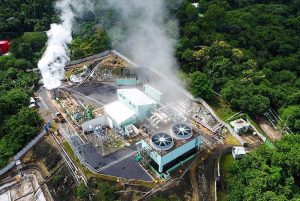
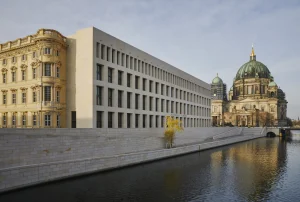
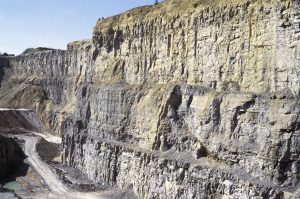
Joint excursion by GFZ and EWP (Guided geoenergy lab tour at GFZ & the city of Potsdam)
Time: 10:00 – 15:00
Helmholtz Centre Potsdam – German Research Centre for Geosciences GFZ Potsdam has a highly developed, interdisciplinary laboratory infrastructure that addresses various scientific issues in basic and applied research. Sophisticated apparatus and equipment are designed for a wide range of applications. The Thermal Petrophysics Lab produces data of thermal properties of rocks, minerals, geo-materials and cement. The Laboratories for Geothermal Rock and Fluid Physics allow to characterize and parameterize physical rock and fluid properties and a Mechanical Testing System (MTS) can analyze hydraulic and mechanical rock properties of geo-materials – all under simulated in situ conditions of pressure and temperature of up to 4 to 10 km of depths. The Fluid Lab offers instruments for experiments and measurement facilities designed to characterize, analyze, and monitor processes of geothermal fluids. Another focus is on the kinetics of gas hydrate formation and decomposition and their influence on the physical properties of sediments.
A guided tour presents the scientific work in the laboratories, which are also opened to international guest scientists.
Experience geothermal energy – best practice near-surface geothermal energy
Time: 9:00 – 15:00
As part of this excursion, current construction sites and buildings already in operation in the Berlin area will be visited. The technology for exploiting geothermal energy is primarily based on geothermal sensors. At the beginning, the excursion participants will receive an introduction to the projects and special features of the German geothermal energy market as well as insights into current developments and trends.
During the 4- to 6-hour bus excursion, there will be sufficient time for participants to discuss current issues and debate the European geothermal market. Protective equipment (helmets and safety waistcoats) will be provided, participants are required to bring sturdy footwear.
The excursion will be led by Dipl.-Geol. Rüdiger Grimm and Dipl.-Ing. Christian Lumm from geoENERGIE Konzept GmbH, a company of the ENGIE Group.
Geothermal energy use at the Humboldt Forum Berlin – complex underground and complex energy concept
Time: 10:00 – 12:00
The Humboldt Forum in Berlin-Mitte has been hosting cultural exhibitions and events since 2020. Architecturally, it is modelled on the former Berlin City Palace, but in terms of energy it is more innovative and relies heavily on geothermal energy in conjunction with borehole heat exchangers and large heat pumps for heating and cooling. In implementing the system, which was planned by Geothermie Neubrandenburg, the use of geothermal energy had to be harmonised with other forms of energy and a complex underground infrastructure. The energy concept of the Humboldt Forum Berlin will be presented in an excursion.
Field trip to the Muschelkalk quarry in Ruedersdorf, E of Berlin
Time: 09:00 – 15:00
Health & Safety involves a mandatory helmet (available on site), a high-visibility vest (available on-site), and sturdy boots (safety boots are not required). A small café and a snack bar are available on site.
The Museumspark Ruedersdorf offers a large exhibition on the Berlin region’s geology and industrial use of the Muschelkalk limestone, including the opportunity of going inside old lime kilns. Current research by the GFZ Potsdam involves using the Muschelkalk Formation for geological subsurface energy storage (ATES IQ). Furthermore, this formation hosts considerable hydrothermal geo energy potential in the North German Basin. This field trip is a journey into a 245-Mio-year-old ocean floor led by experienced exploration geologists in cooperation with the Museumspark Ruedersdorf. During the Mid-Triassic Anisium stage, shallow-marine carbonates were deposited in the shallow-marine Germanic Basin. With the Land Rover Defender off-road vehicle, you will travel from the edge of the active limestone quarry 50 meters below sea level to the deepest part of the active open pit mine.
Ruedersdorf (E of Berlin) is located in the North German Basin, part of the Central European Basin System. The basin consists of several km-thick sedimentary Quaternary to Phanerozoic strata. Thick salt deposits were formed during the Permian Zechstein stage. With the lower rock salt density compared to the overlying strata, the salt became mobile and formed salt diapirs in the subsurface. One regional example is the Ruedersdorf structure, where the Triassic Muschelkalk Formation has been exposed at the surface and constantly mined for building stones and cement. The halokinesis (salt tectonics) lead to the formation of a trap structure for subsurface strategical natural gas storage.
During the field trip, a wide range of sedimentological structures, shallow-marine Triassic fossils, and various minerals, including the strontium mineral celestine, can be observed and collected.
